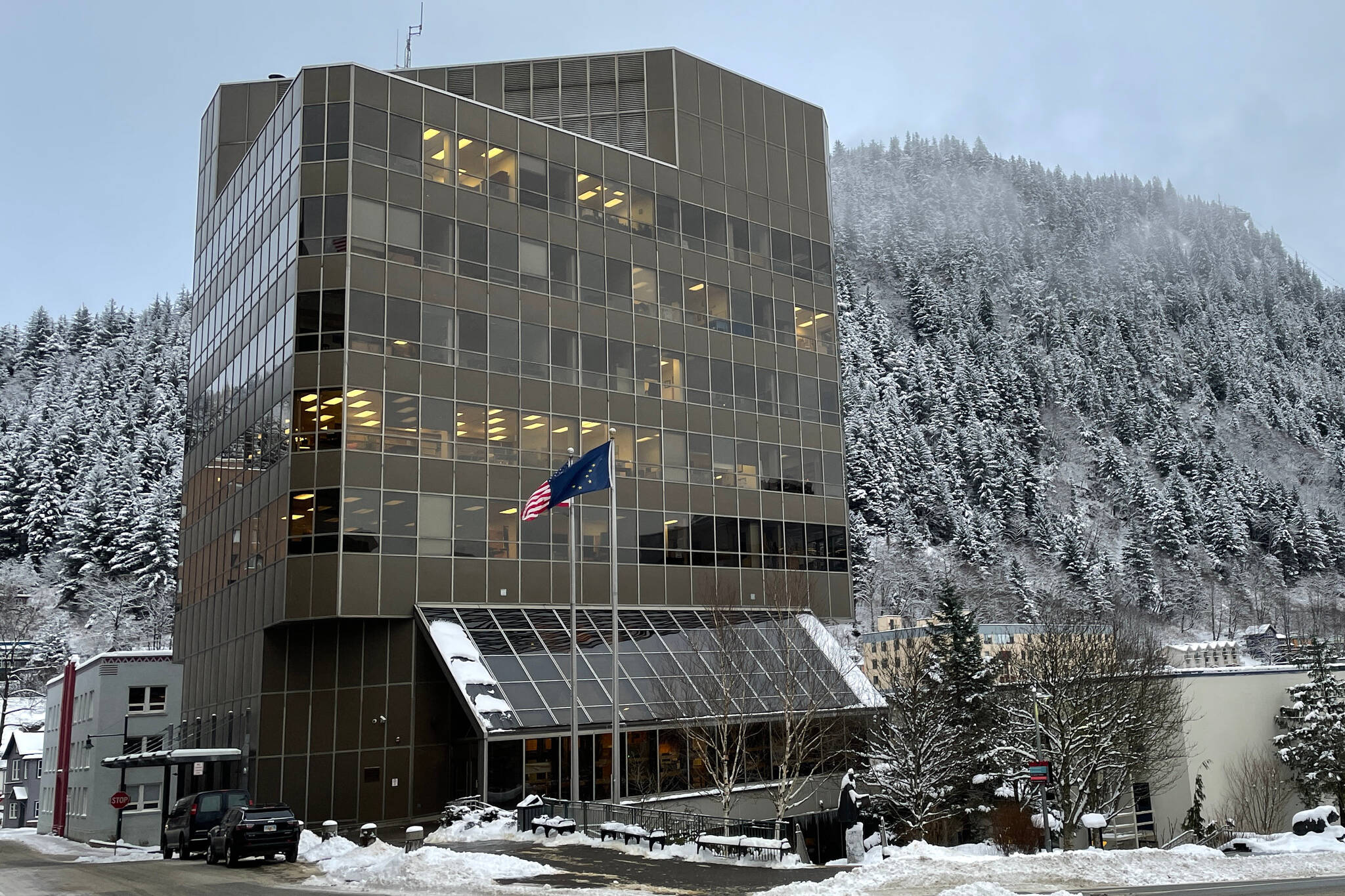A recent order from Alaska Supreme Court Chief Justice Daniel Winfree marked his intent to hold more frequent and consistently scheduled jury trials in the state’s courts.
While Juneau has had some jury trials throughout the pandemic, the First Judicial District’s area court administrator James Kwon said, Juneau’s courts are on their way to more common and more consistent trials.
“It’s safe to say the jurors will see more consistent summons to the court in 2022,” Kwon said in a phone interview. “We’re making sure the measures are in place to make sure our jurors are safe.”
[101-year-old returns to Pearl Harbor to remember those lost]
Trials in Juneau, the First Judicial District, are currently suspended by order of Presiding Judge Amy Mead due to the high rate of cases. An order, which is scheduled to be reexamined on Dec. 13, or sooner if cases dropped below 100 per 100,000 residents in any given court location, according to an administrative order from Mead.
“The presiding judge has a lot of latitude to permit cases to move forward,” Kwon said.
Parties can also file a motion asking that a criminal jury trial proceed in accordance with Chief Justice Special Order 8259, according to Mead’s order. The right to trial by jury, codified in the Sixth Amendment, is one of the oldest in American justice system, Winfree said in his order.
Mitigation measures in place alongside reduced numbers of people allowed into the court will help trials to go forward in December into the new year, Kwon said. Mitigation measures include distancing, high-spec air filters in the circulation system, frequent cleaning and sanitization, COVID screening at the entry point, and rapid testing capability. The judge overseeing each case will decide how to handle possible COVID-19 exposure in the jury — rapid testing is expected to help enormously with that, Kwon said. The courts are aware of the possibility for new COVID variants to alter plans, Kwon said,
“It’s really up to the judge that’s overseeing the case whether that case is going to move forward when the case is completed,” Kwon said. “The other process is the court calls a mistrial and the case would have to be tried again.”
There are also possibilities for integrating electronic communication in some places, Kwon said.The stringent mitigation measures add a little time to the daily jury process, Kwon said, but not a significant amount.
“Jury trial activity will likely be much more consistent in 2022,” Kwon said.
• Contact reporter Michael S. Lockett at (757) 621-1197 or mlockett@juneauempire.com.

